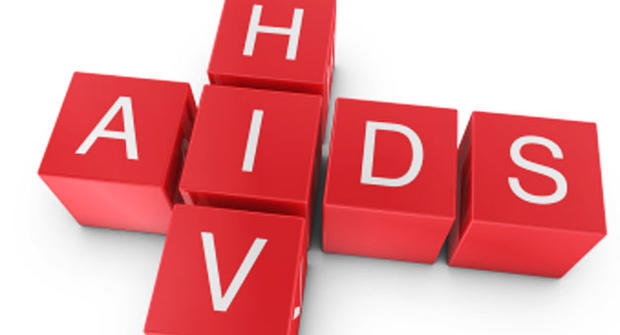HIV Breakthrough: Daily Drug 73 Percent Effective Against Infection, Says Study
(CBS) A revolution in the fight against HIV/AIDS might be around the corner, according to a new study, which found a daily pill, made of two commonly used HIV medications, lowered the risk of infection by 73 percent.
That's for participants who took the drug almost every day. The study found a 44 percent reduction in HIV infection across all 2,499 members of the study, many of whom were taking the drug, a combination of emtricitabine and tenofovir, inconsistently.
The study, published in the New England Journal of Medicine and funded by the NIH and the Bill and Melinda Gates Foundation, is the first of its kind to show that giving people these drugs prophylactically can reduce infection risk.
This "is a significant advance in HIV prevention," said Dr. Javier R. Lama, in a written statement. Lama is co-chair of the study protocol and based in Lima, Peru.
The study, three years in the making, looked at thousands of men and transgendered women who have sex with men across six countries. In addition to the medication, they were given safe sex counseling, condoms and care for other sexually transmitted diseases.
Similar studies are now under way for heterosexual men and women and users of injectible drugs.
The global impact of the new findings could be immense. The combination drug in the study, marketed as Truvada, is available in many poor countries in generic form for as little as 40 cents a pill.
Across the world, 33 million people are living with HIV, according to the United Nations, which said today that other methods of preventing the disease have also borne fruit. Over the last 10 years, new infections are down 20 percent. And in the last five years, AIDS-related deaths are also down 20 percent.
Finally, a raft of good news in a fight that has taken so many.
For more on the global fight against AIDS, click here.
For more information on the study, click here.
